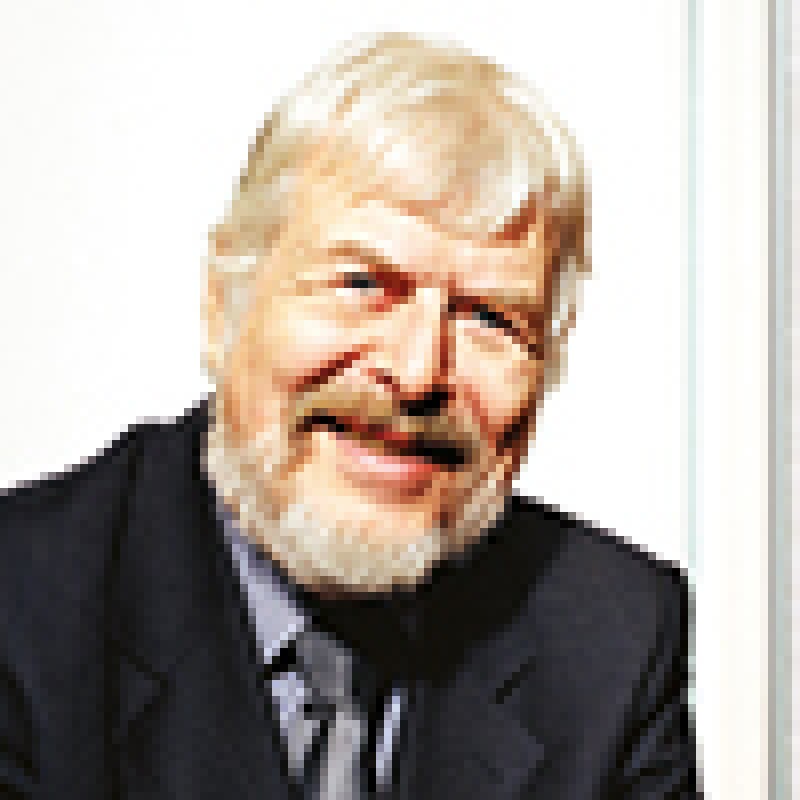Until 2017, it was clear from several decisions of the Austrian Supreme Court that trade marks registered in bad faith were invalid and therefore could be successfully attacked any time and that asserted rights based on them would be rejected as immoral. However, the decisions went further: the mere use of that sign was held to be inadmissible and therefore could be forbidden as such without any other reason.
In a long-lasting series of proceedings about a television programme named Fashion One (European trade mark (EUTM) of defendant) and Fashion Television (EUTM licensed to the defendant) the then plaintiff requested the courts forbid use of the licensed mark Fashion Television for the sole reason that the use of that mark, acquired with the intent to obstruct and hinder the plaintiff, in itself supports a claim for an injunction. The plaintiff based his request on settled case law as indicated above.
In 2017, the Austrian Supreme Court changed its mind and decided in this case that prior case law did not give any reason for an injunction against use of a bad faith trade mark without any further support and that such an injunction does not have a basis in the law. Article 52 paragraph 1 lit b EUTM Regulation as well as the parallel Austrian provision say only that acquiring a registration of a mark in bad faith is forbidden. For example, these provisions do not relate to the derivation of licensed rights. The use of such a mark on the market is independent of acquiring trade mark rights for that mark. This use also does not hinder the plaintiff in any perceivable way. No rights are derived by the mere use of a trade mark registered in bad faith which could be rejected for being immoral and unfair. Hence the old case law was overturned and the complaint rejected.
We now have a second case in which that point of law (is mere use of a trade mark registered in bad faith lawful?) was decided (indirectly) in the same way. In this case, the first instance judge rejected the complaint of the same plaintiff as in the above-mentioned case against the same defendant mentioned above regarding the use of the EUTM Fashion Television. The rejection was based on the above-mentioned decision without any relevant procedure since the situation was clear from the beginning. However, before the decision was rendered, the plaintiff added new grounds. This extension of the case was rejected by the judge. On appeal, the decision was overturned. At such an early stage in the procedure, the first instance judge should have accepted these new grounds in light of the fact that the original ground was not sustainable. The Austrian Supreme Court confirmed this.
It is therefore now settled case law in Austria that the use of a bad faith trade mark is per se not objectionable.

|
Helmut Sonn |
SONN & PARTNER Patentanwälte
Riemergasse 14
A-1010 Vienna, Austria
Tel: +43 1 512 84 05
Fax: +43 1 512 98 05











